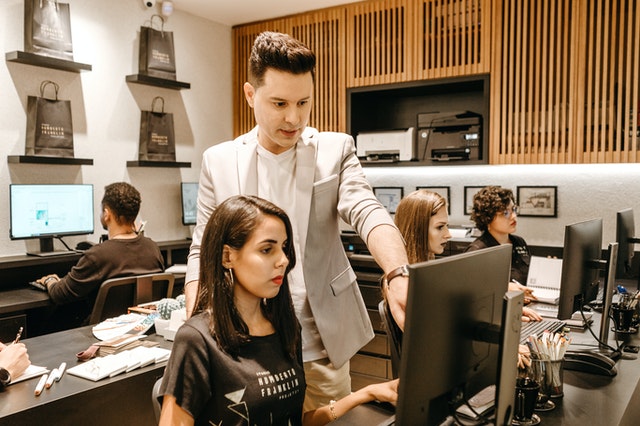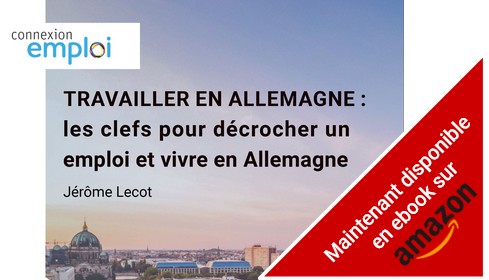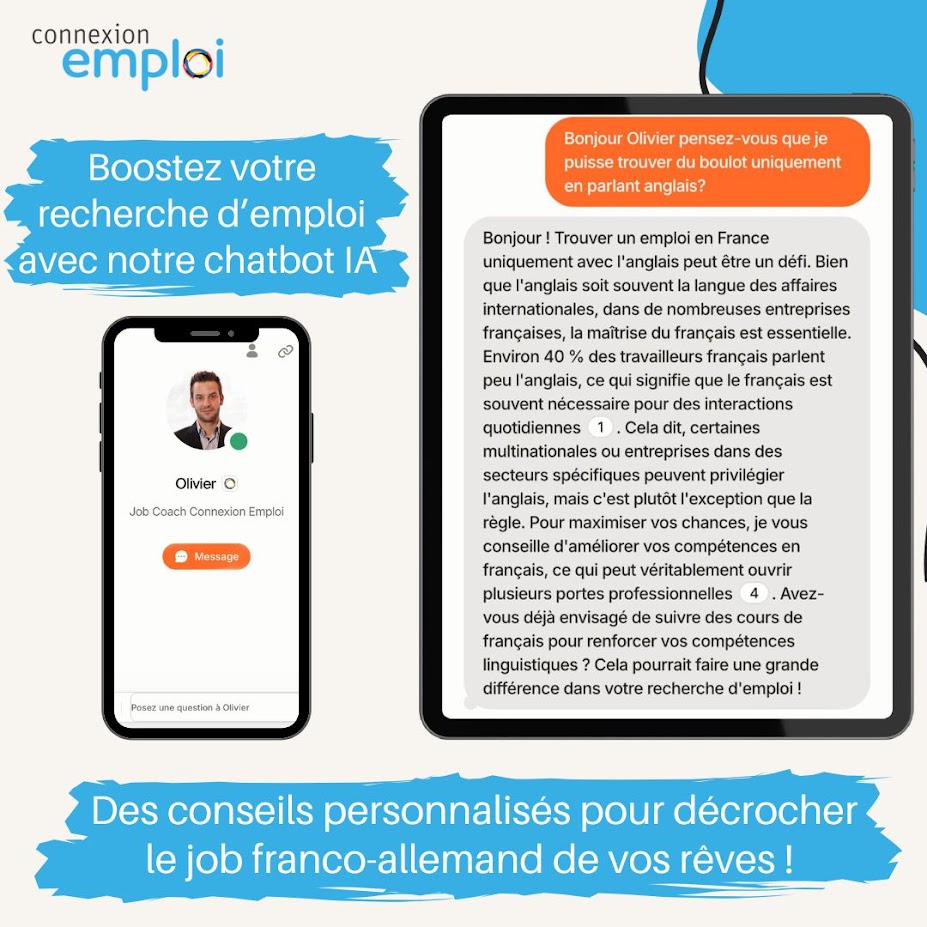These are the new recruiting trends in France in 2025

Hackathon, Business Challenge, sporty job interview: More and more companies in France are no longer content with the classic job interview to recruit new talent. What are the new recruiting methods in France and how can foreign applicants prepare? If you’re looking to hire or get hired in France, you should know precisely what’s happening at the local forefront of recruiting.
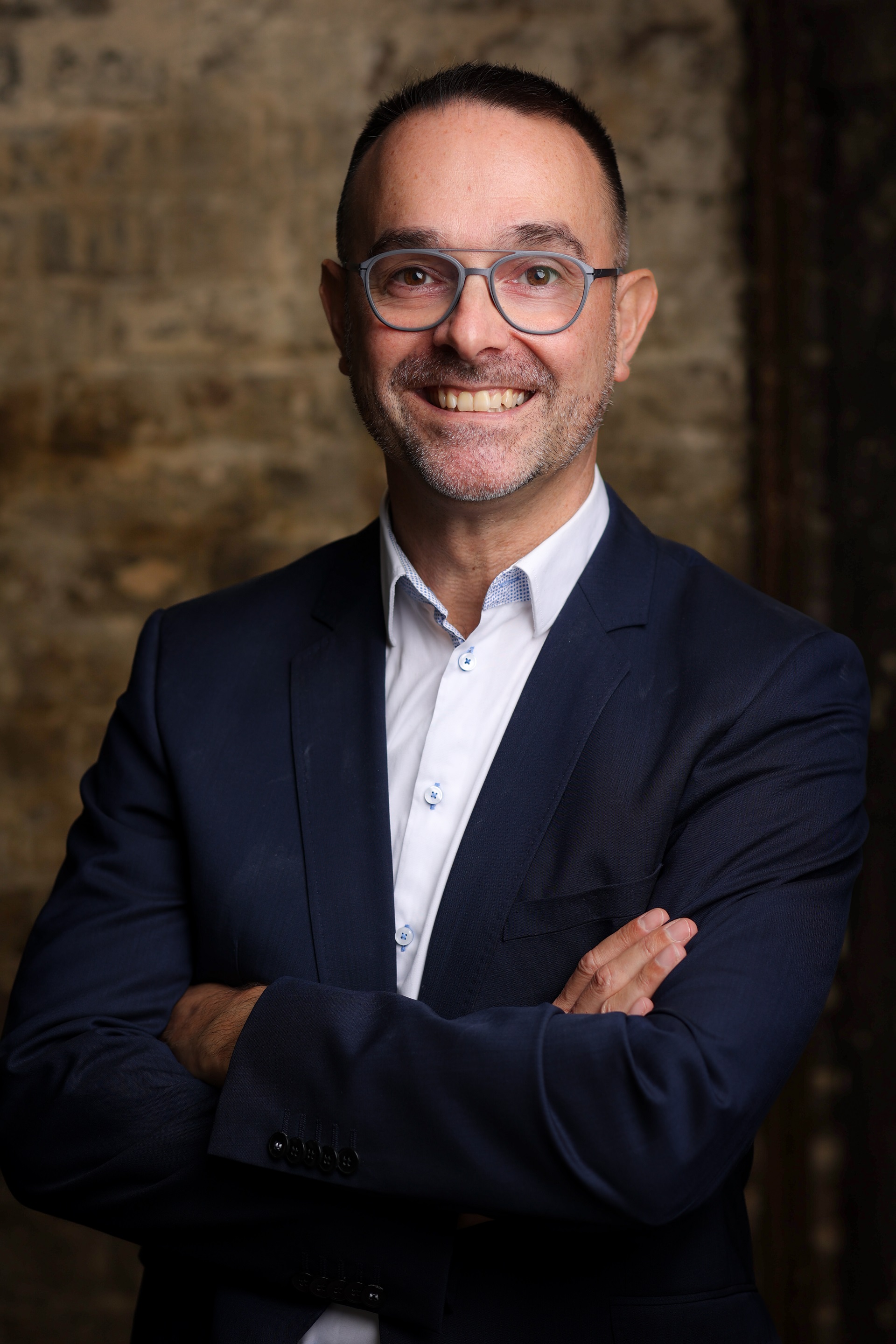 We interviewed Jérôme Lecot, CEO at Eurojob-Consulting, the french-german recruiting firm.
We interviewed Jérôme Lecot, CEO at Eurojob-Consulting, the french-german recruiting firm.
"Nowadays, a lot of resumes look quite alike: most applicants have already completed internships and speak English. As a result, it is no longer possible to hire solely on the basis of lines in a CV, and more and more companies want to recruit based on potential. Challenges / client cases are a good way to simulate real work situations and test for a candidate’s adaptability. Having to share his own solutions, the candidate opens up more, which will help the recruiter get a better idea of their soft skills."
2. Preparing for a business game - team exercises
3. Don’t believe the hype
4. The Décathlon case: recruitment in shorts and sneakers

Not to be confused with the business case or case interview, which has been a staple of the recruiting process for consulting firms for a long time, what is referred to as "business challenge" is a project that takes place over a longer period and is often organized by business schools or brands for young alumni and candidates.
What is the benefit of gamification for French recruiters and how do you best deal with it as a candidate?
First of all, don't panic. It's all but certain that the average SME in Marseille will ask you to participate in a challenge during your interviews. However, most large corporations are showing a growing tendency to do so. Where does this preference of French HR managers for gamification come from?
The idea behind the Business Challenge is confronting candidates with real business problems. This helps identify either targeted profiles for very specialized professions or promising talents with the potential to be trained successfully. Let’s look at one example from the L'Oréal Group:
Each year, L'Oréal Brandstorm selects one of its leading brands and asks students in over 65 countries to form teams and think about a solution for the brand based on a given problem.
The best team from each university then competes at the national level, and the best teams then compete at the international level at a grand finale in Paris. During the Challenge, participants have the opportunity to develop prototypes of their projects by gaining access to factories or workshops.
At the end, participants exchange ideas with experts and expand their network. L'Oréal even has a network of Brandstorm alumni, people who were hired thanks to this Challenge.
So how can you put your best foot forward when participating in a challenge based on team work?
The idea is to get an overview of the competencies and experiences that you want to bring to the forefront and to team up with complementary profiles. In this way, you show that you can build a partnership based on competencies and put your own qualities to use at the same time. The ideal approach would be to build a complete team that works as if it were a company.

There’s also some talk about escape games or role-playing games, a trend that may go viral punctually, yet seems more like an epiphenomenon. Jérôme Lecot has some doubts about its potential to last:
"These tools don't really seem to be suitable for recruitment purposes. They are fast paced, entertaining formats, but they do not assess a candidate over a long period of time. A challenge lasts several months, and all candidates at the very least gain experience and a network.
Whether it's a hackathon, a challenge designed to assess a candidate's technical skills, or a business game, being invited to participate in such events means being a priority in the recruiting team’s eyes. If the game becomes more important than the recruitment its self, it can no longer serve as a good indicator for a fit on the business level."
In terms of employee recruitment in France, the sports brand Décathlon stands out with its collective and sporty "come in shorts" (Viens en short) conversation. Kamel Medjabra, Employer Branding Manager at Décathlon, explains the background.
"Come in Shorts" has been around for six years. It is a group job interview with 8 to 12 people facing 4 or 5 trained recruiters for a morning or a day, and it takes place over 3 phases:
Applicants build groups of two and get to know the other person. This allows them to demonstrate their listening skills and their ability to reconstruct information.
With a given material, each team thinks of a team sport and its rules. The best sport is chosen and played together. This allows the recruiters to observe the applicant's attitude in a casual yet competitive situation, and how well they integrate a team.
Finally, a one-on-one interview takes place, since, after all, one must be able to act alone. Because even if some profiles are discreet in the collective, sometimes they can present and open themselves better in a one-on-one interview.
In the run-up to the meeting, it is important to rehearse the knowledge and competencies required for the field in which one is applying. Finally, on the first day of work, you need to clear your head, concentrate and, above all, be serious without taking yourself too seriously. This moment is not designed to make the applicant feel insecure, it’s an interview that offers them a nice experience and shows them their own potential.
Note that these new variants of recruiting processes are also used in Germany. In France, however, they are much more widespread.
For applicants, these are new ways to get their dream job in France. You may learn something new about yourself! With new job titles emerging every other year following the ever-changing needs of businesses, new recruiting trends will continue to emerge in the years ahead.

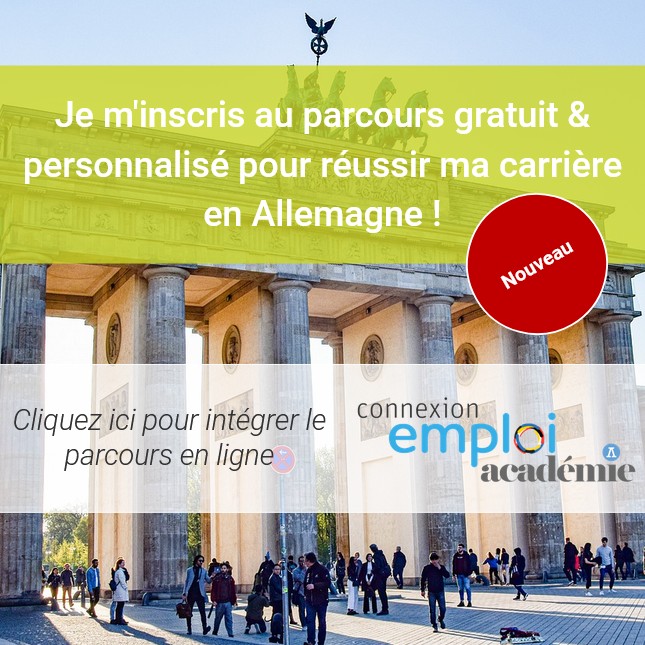

 Fr
Fr De
De En
En



